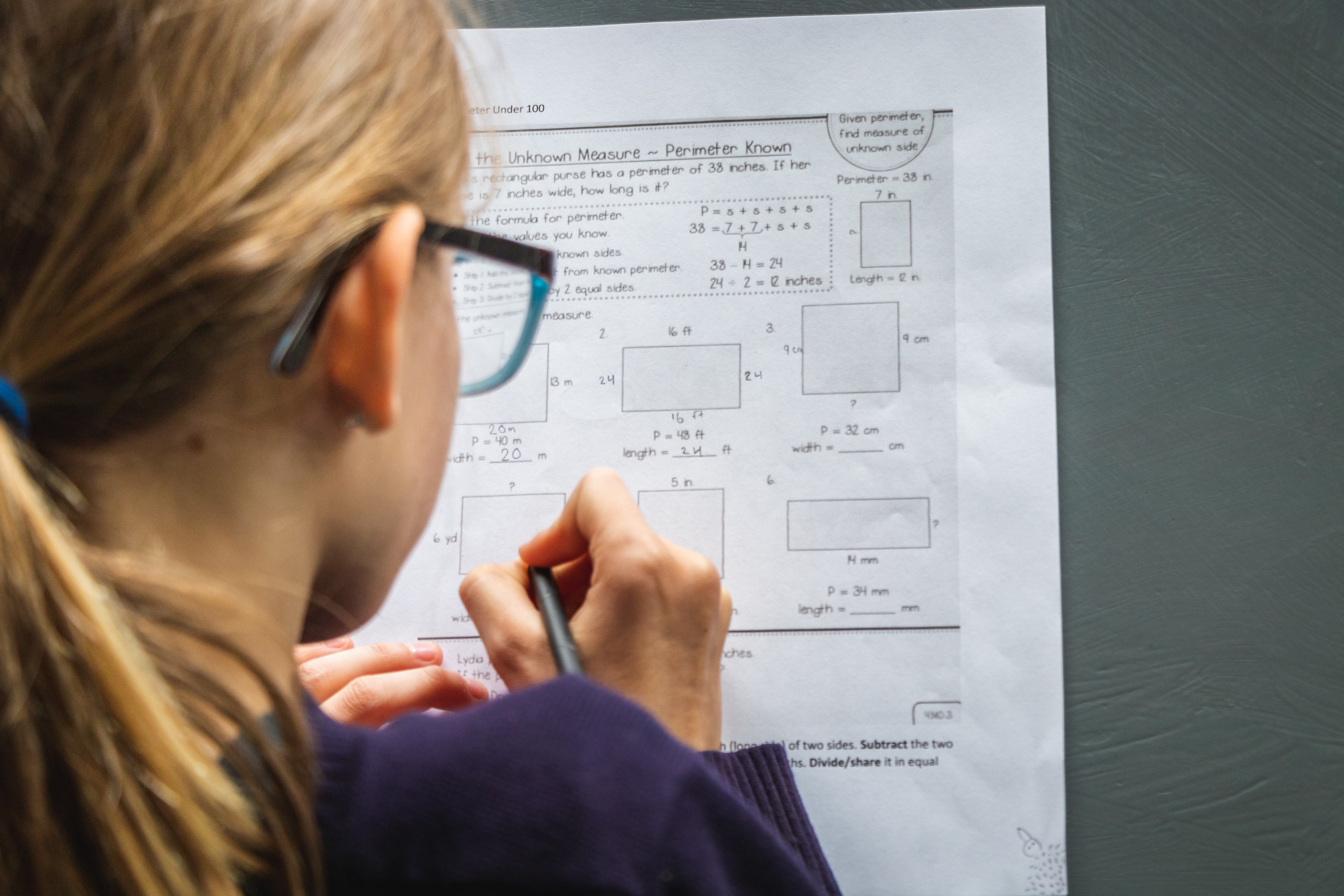
Revisiting Motivation
Extrinsic rewards (points) is the main motivator for doing homework. This is dangerous, since relying on points alone results in some bad habits. Homework is done for completion rather than comprehension of the material. Cheating or finding answers online is emphasized. It doesn't really help that parents typically support the end (points, grades) rather than the means to that end. Students can develop poor value judgments from years of this type of behavior. Almost always, the best chance to increase grades is to study for tests rather than completing busywork. But since studying often doesn't directly come with point rewards, it is not done and grades suffer.
Students should be encouraged to do homework for attainment value (the value of mastering a material). Preferably, the homework should be monitored for mastery rather than completion. Less emphasis should be placed on the grades. This is difficult, since grades often provide a fast reference for competency.